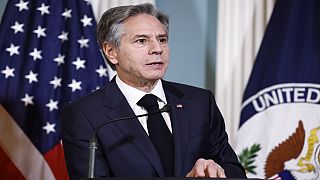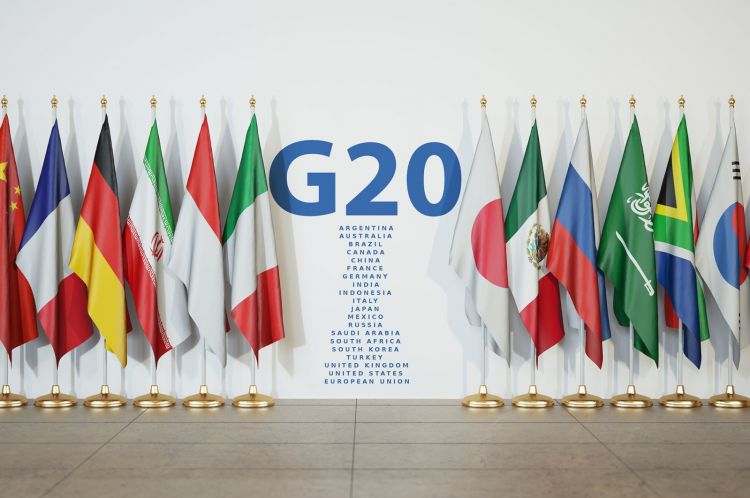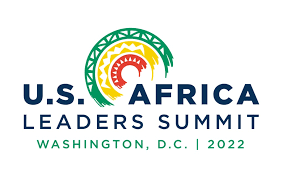With the annual US-Africa Leaders Summit kicking off in Washington, D.C., this Tuesday Dec.13, the Biden administration will try to offer its African partners a better alternative to the economic competition from China on the continent.
Deputy Commerce Secretary Don Graves acknowledged that the United States has fallen behind as China has surged past American foreign direct investment in Africa but argued that the US remains the “partner of choice” in Africa.
Africa remains of great strategic importance as the US recalibrates its foreign policy with greater focus on China, whose long shadow looms large over the US-Africa Leaders Summit in Washington. For example, Deputy Treasury Secretary Wally Adeyemo on Monday (December 12) sounded the alarm about petering private investment in middle- and low-income countries, particularly in Africa, in tacit reference to China.
Trade between the US and sub-Saharan Africa was $44.9bn last year, in sharp contrast to trade between Africa and China that surged to $254 billion last year. US officials have also expressed concerns that China is looking to establish a military base on the western coast of Africa.
Meanwhile, In the lead-up to the three-day summit, US Secretary of State Antony Blinken stressed the importance of partnership in remarks to an audience of entrepreneurs and innovators at the State Department Monday. “We have a huge stake in the success of African innovators because when they’re empowered to reach their full potential, it’s good for the region. It’s good for the continent. It’s good for the world. It’s good for America,” he said. Blinken outlined several ways the Biden administration is trying to broaden and deepen partnerships to foster innovation in Africa: first, by investing in infrastructure that can undergird African entrepreneurship; second, by investing in rising leaders since President Obama created the Young African Leaders Initiative; and third, by fostering greater engagement by US companies.



